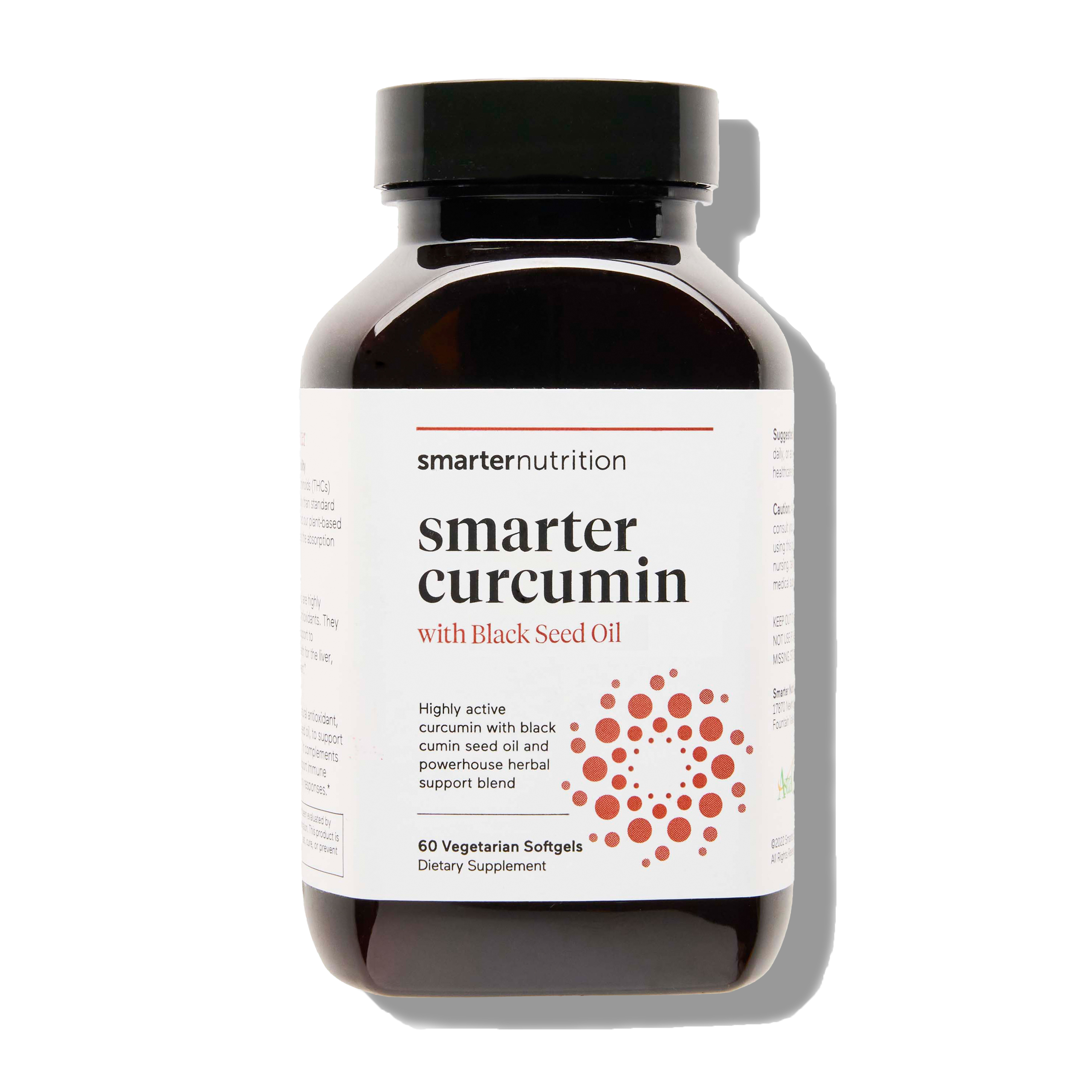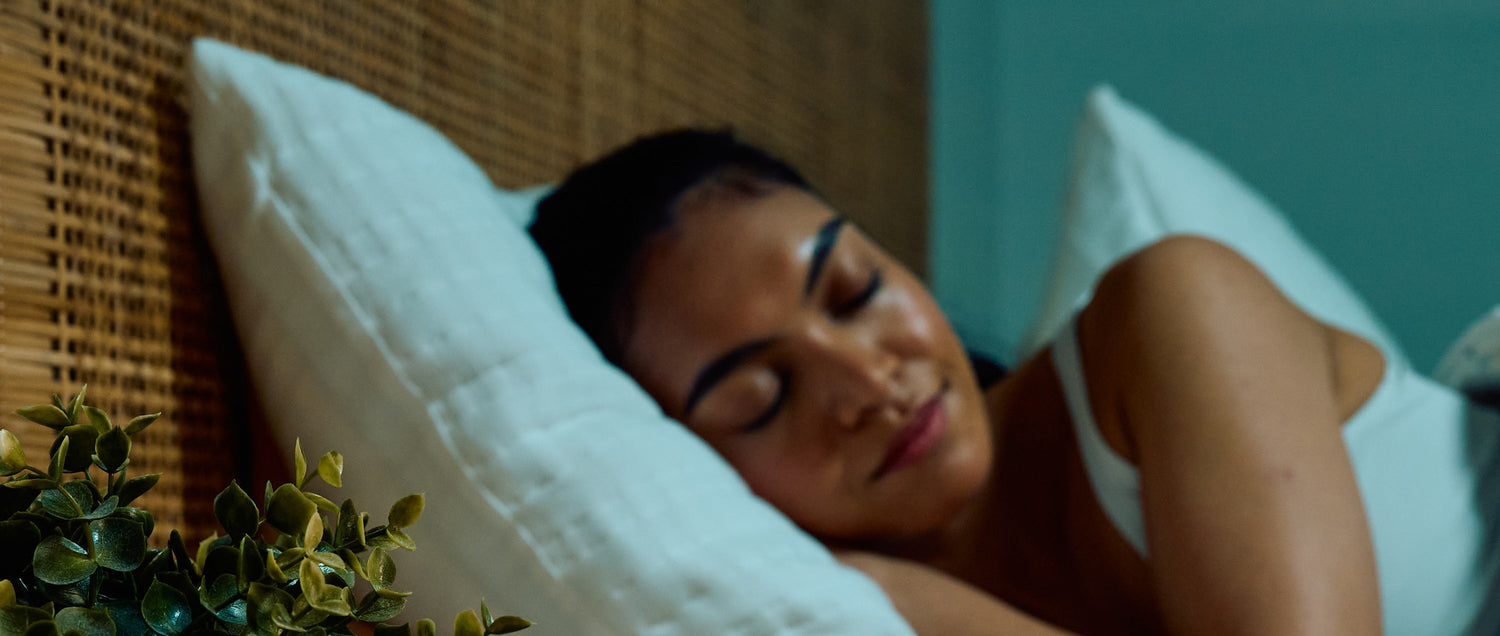Your Life While You Were Sleeping
The average human is alive for nearly 80 years and of those years, they will spend 26 years sleeping and an additional 7 years trying to fall asleep. However, the amount of sleep we get each night varies across our lifetime, declining slowly as we age.
Although sleeping is a time for our conscious mind to relax, the body is actually very busy. The cardiovascular, endocrine, immune, and nervous systems rely on the time you’re asleep to complete certain processes and when they aren’t completed your health can suffer. Side effects of poor sleep can include:
- Obesity
- Diabetes
- Heart Disease
- Hypertension
- Mood Disorders
- Alcohol Abuse
Researchers suggest adults sleep between 7 to 8 hours a night for optimal health. In a study that followed 21,000 twins for more than 22 years, researchers found that if people slept less than seven hours a night they had a 24% increased risk of death; using over-the-counter sleep medications with an antihistamine increased the risk of death by about a third.
Sleeping Like a Baby
In the beginning of our lives we need significantly more sleep, but as we age, the time we spend dreaming steadily declines:
- Newborns: 16 to 20 hours
- Toddlers: 11 to 12 hours
- Adolescence: 9 hours
- Adults: 8 hours
While our time asleep changes, how we sleep changes simultaneously. As every parent knows, a newborn spends their first months alternating between sleeping and eating. After 3 to 4 months, babies develop longer sleep patterns and by the time they are toddlers they complete nearly all of their sleep at night with the exception of one naptime. Children over the age of seven typically stop taking naps and begin the same sleep pattern they will experience throughout adulthood.
When Sleep Problems Arise
-
Adolescence: If there was a “golden age” of sleep during your lifetime, it’s during late childhood. After we reach 11 or 12 years old, kids and adults begin reporting problems with sleep. If you experience sleep issues, you’re not alone; nearly 70% of adults report diminished sleep quality.
Although the sleep stages and sleep cycle don’t change very much as children become adolescents, the timing of their sleep does. The internal clock inside the body that influences when people fall asleep, wake up and how alert they feel is called the circadian pacemaker. As a result, adolescents’ circadian alerting system prevents them from feeling sleepy until later in the evening, but they have to get up early to go to school. Students are left feeling unrested during the week and turn to the weekends to catch up. Unfortunately, this only makes matters worse because it pushes their internal clock further out of phase with their weekday sleep schedule. -
Older Adults: As we age, medical conditions can disturb our ability to get enough quality sleep:
- Arthritis
- Congestive Heart Failure
- Depression
- Gastroesophageal Reflux Disorder
- Respiratory Disorders
- Restless Legs Syndrome
Magnesium Deficiency
As we age, our diets include less magnesium, our intestines have trouble absorbing it, and it’s often discarded in our waste. Numerous human diseases have been associated with magnesium deficiency such as cardiovascular diseases, type 2 diabetes, asthma, depression, stress-related conditions and psychiatric disorders, dementia, muscular diseases, bone fragility, and cancer.
One symptom of a magnesium deficiency is having problems sleeping. Our new and improved Smarter Magnesium formula works to support the body’s magnesium levels while simultaneously encouraging normal sleep patterns. Formulated with a unique magnesium glycinate blend to help support optimal absorption by the body and a therapeutic concentration of L-Theanine, known to promote relaxation, Smarter Magnesium is non-habit forming, melatonin free, and developed with clean ingredients.
Why Women Experience More Sleep Challenges
While many men are able to continue sleeping soundly throughout adulthood, women often experience more challenges because of reproductive hormone changes.
- Menstruation: Half of adult women say they have a difficult time sleeping during menstruation
- Pregnancy: Pregnant women need more sleep during their first trimester, but they may struggle to get enough because of heartburn and uncomfortable sleeping positions; ¾ of pregnant women reported having sleep disruptions.
- Menopause: Many women say they have trouble sleeping during menopause, likely due to drops in hormone levels, hot flashes, night sweats, and insomnia.
Risk Factors for Insomnia
While some risk factors for insomnia are unavoidable, some are a result of your lifestyle. Being aware of what can influence insomnia allows you to make positive changes to help reduce your risk.
- Age: Insomnia becomes more prevalent with age
- Family History: Some people are predisposed to insomnia
- Gender: Insomnia is more common in women than men
- Lifestyle Choices: Long naps, drinking excessive amounts of caffeine or alcohol, smoking, and keeping an irregular sleep schedule can contribute.
- Stress: Stressors in your daily life or worrying about sleeping can increase your risk.
- Medical Problems: Heart disease, asthma, and mood disorders are linked to insomnia.
How to Optimize Sleep Throughout Your Lifetime
When you’re lying awake at night, it can feel like you’ll never sleep again. Similar to how good hygiene helps keep your body clean, researchers have identified a variety of practices and habits that make up “sleep hygiene" to support a good night’s sleep. Whether you experience insomnia, jet lag, irregular work hours, or you’re simply looking to catch more z’s, sleep hygiene could help you maximize your hours asleep.
1. Avoid Caffeine, Alcohol & Smoking
We know an afternoon coffee or tea can be tempting, but it’s best to avoid drinking caffeine 4 to 6 to hours before you go to sleep. If you smoke, which we highly discourage, it’s best to use tobacco products earlier in the day. Alcohol can be confusing because many people associate a glass of wine before bed as a sleep aid, however, a few hours afterward it can act like a stimulant and cause you to wake up in the middle of the night. Limit alcohol to 1 to 2 drinks a day, consumed more than 3 hours before bedtime.
2. Create a Routine
Prepare your body for bedtime by enjoying relaxing activities like reading a book or taking a bath about an hour before you go to bed. Avoid working or discussing problems that will incite stress. When the body is put under physically or psychologically stressful activities, it can release a stress hormone that can increase alertness. Start your bedtime routine at the same time each night and wake up at the same time each morning to help synchronize your body’s internal clock.
3. Don’t Go to Sleep Until You’re Tired
If it’s 10pm and you’re not tired yet, don’t force yourself. Struggling to fall asleep can lead to more frustration and stress. If you go to bed and aren’t asleep after 20 minutes, get out of bed and do something relaxing like reading or listening to music until you feel more tired.
4. Don’t Watch the Clock
You look at the clock and it’s 3am…then it’s 3:30am…then it’s 3:45am. The time you have left to fall asleep can feel like it’s running out, increasing stress and making it more difficult to fall asleep. Keep your clock turned away from you and avoid looking at your phone when you’re struggling.
5. Get the Early Bird Special
Eating dinner too late can induce insomnia. It’s best to finish dinner several hours before you go to bed and avoid foods that bring on indigestion.
6. Exercise Earlier
Many people exercise in the morning to increase their energy and prepare them for the day ahead. When you participate in physical activity, your body releases a stress hormone that makes you feel more alert. Unfortunately, we’re not all morning people. If you prefer to exercise in the afternoon or evening, complete your workout at least 3 hours before bed to encourage a better night’s sleep.
Sources:
-
Campbell, Leigh. “We've Broken Down Your Entire Life Into Years Spent Doing Tasks.” Huffington Post. 2017.
https://www.huffpost.com/entry/weve-broken-down-your-entire-life-into-years-spent-doing-tasks_n_61087617e4b0999d2084fec5 -
Division of Sleep Medicine at Harvard Medical School. “Changes in Sleep with Age.” 2017.
https://healthysleep.med.harvard.edu/healthy/science/variations/changes-in-sleep-with-age -
Stibich, Mark PhD. “The Relationship Between Sleep and Life Expectancy.” Very Well Health. 2021.
https://www.verywellhealth.com/sleep-duration-and-longevity-2224291 -
English, Stephanie. “How Sleep Changes Throughout Your Life.” WebMD. 2011.
https://www.webmd.com/sleep-disorders/features/sleep-changes -
Division of Sleep Medicine at Harvard Medical School. “Risk Factors for Insomnia.” 2021.
https://sleep.hms.harvard.edu/education-training/public-education/sleep-and-health-education-program/sleep-health-education-56 -
Division of Sleep Medicine at Harvard Medical School. “Twelve Simple Tips to Improve Your Sleep.” 2007.
https://healthysleep.med.harvard.edu/healthy/getting/overcoming/tips -
Barbagallo, Mario et al. “Magnesium in Aging, Health and Diseases.” Nutrients vol. 13,2 463. 30 Jan. 2021, doi:10.3390/nu13020463
https://www.ncbi.nlm.nih.gov/pmc/articles/PMC7912123/




